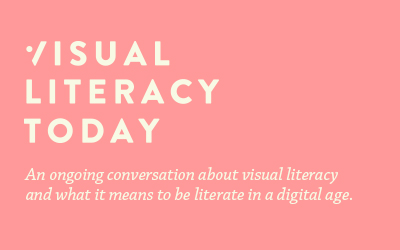Visual Literacy Practices in Higher Education by Julia Schellenberg
In our media-driven age visuals are increasingly frequent and prominently present in society and their importance and influence across academic disciplines is growing. This makes it essential to enable learners to become visually literate and justifies the need for teaching visual literacy competencies. Yet, there has been little research on visual literacy practices undertaken across academic subjects and institutions in higher education. Moreover, the key challenges and factors of success for achieving visual literacy education haven’t been studied to date. Accordingly, this research aimed to elucidate the issues most relevant to visual literacy and to identify practices undertaken by universities/ faculties and academic libraries. Explorative and descriptive research was conducted using literature analysis and an online questionnaire distributed to an international group of visual literacy practitioners. The results indicate that similar educational approaches were frequently chosen across academic disciplines and institutions. All practitioners encouraged their students to become critical consumers and producers of images and visual media. However, visual assignments were perceived as especially time-consuming and the assessment of student work may pose specific difficulties, especially in the light of constant technological evolution. In order to successfully implement visual literacy education changes to curricula, educational strategies, funding, and employee expertise are necessary.
